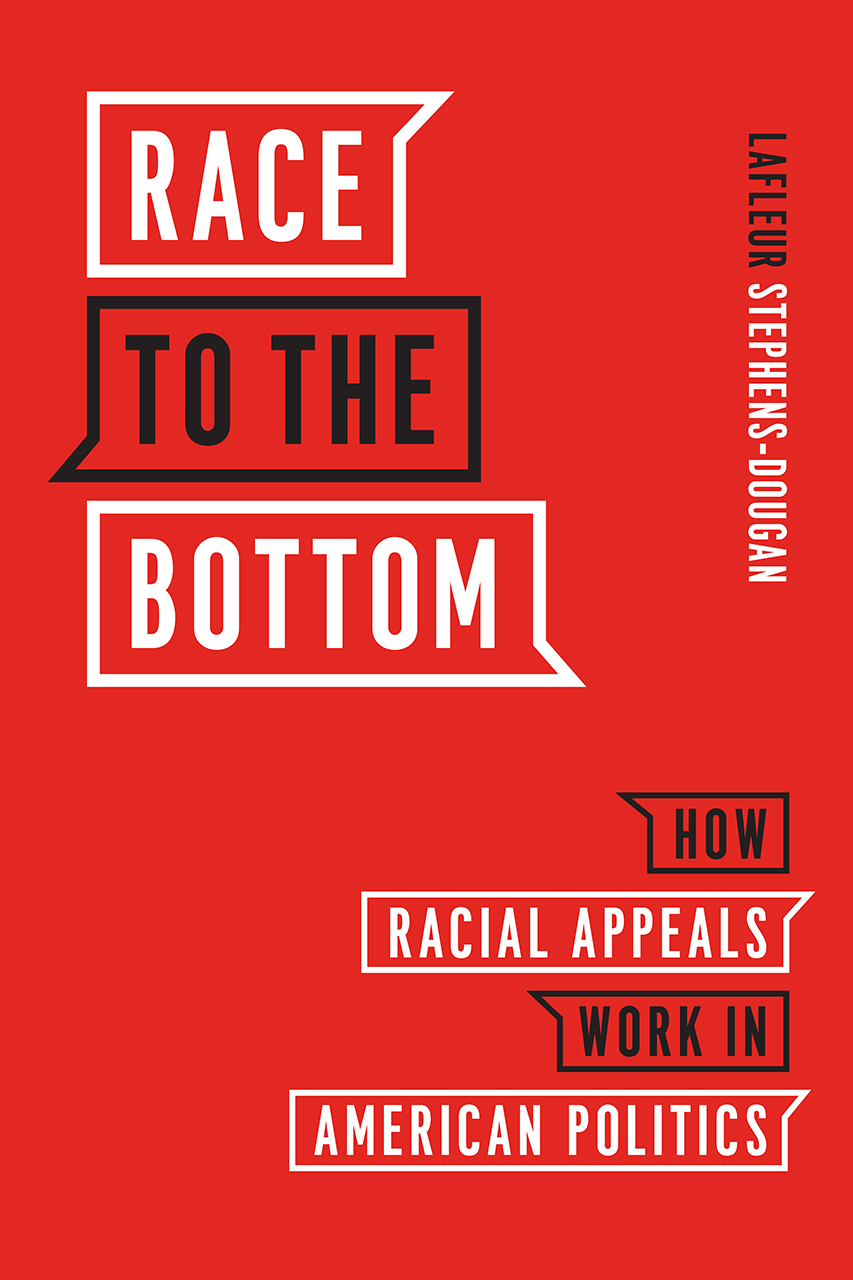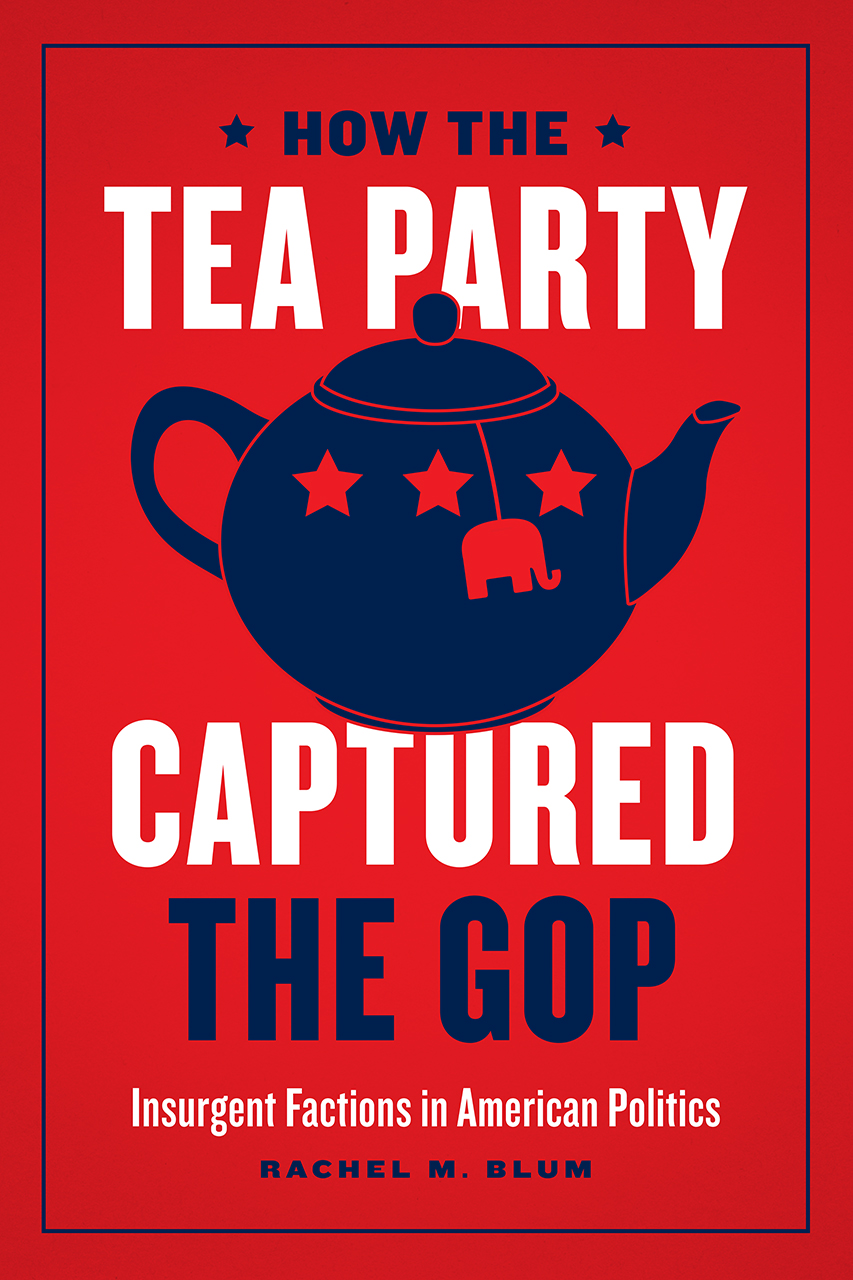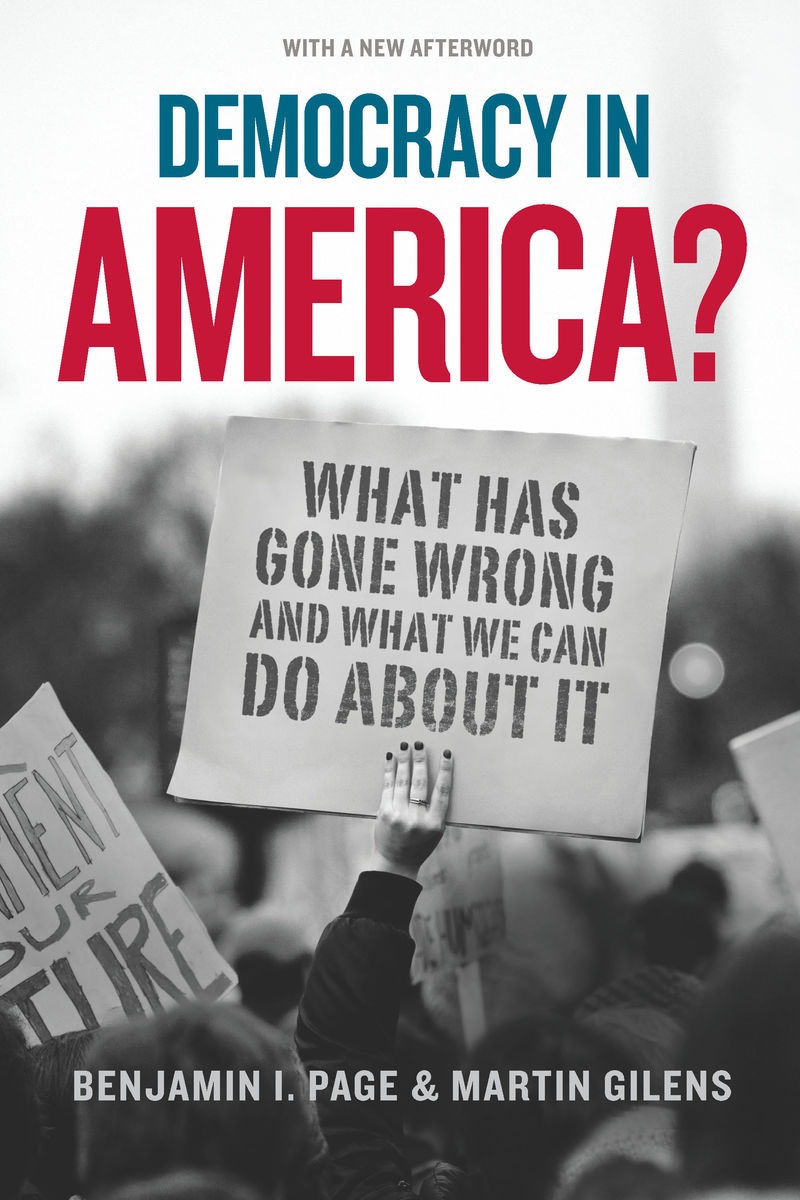What Does Patriotism Mean in America Today?
July 4th generally conjures images of barbeques, fireworks, and large, billowing flags. But due to large protests against police brutality, concerns of COVID, and an upcoming election that symbolizes both fear and hope for many, the holiday this year looks very different. This Independence Day, instead of a celebration of patriotism, we wanted to dedicate some time to reflecting on it. We invited three of our political science authors to answer the following questions: What does patriotism mean in America today? Given that definition, should Americans be patriotic today? Below are their thoughtful responses.
LaFleur Stephens-Dougan author of Race to the Bottom: How Racial Appeals Work in American Politics
Reflecting on what patriotism means to me so close to the celebration of our nation’s Independence Day is a weighty endeavor. In my opinion, patriotism in the United States is fraught with contradiction, especially for Black Americans. Black Americans have made countless contributions to the United States, a country they love, but are still engaged in a centuries-old struggle for economic, political, and social equality. As the child of Black immigrants, who came to this country voluntarily, I am acutely aware of the sacrifices that African Americans have made on behalf on all of us, essentially serving as the nation’s conscience—the keepers of democracy.
Patriotism means loving one’s country so much that you hold it accountable to the ideals that it proclaims. You call on patriots to strive to live out stated ideals: life, liberty, and the pursuit of happiness. According to the Declaration of Independence, this trifecta of inalienable rights was given to all humans by their creator, and, government was formed to protect these rights for all citizens. Yet, some 244 years later after that document was penned, Black people are disproportionately dying at the hands of the state, and sometimes at the hands of civilians, who question whether Black people should jog (Ahmaud Arbery), walk home from the store (Trayvon Martin), or ask for help (Renisha McBride).
Of course, the Declaration of Independence was authored primarily by Thomas Jefferson, himself a slaveholder. He surely did not perceive African Americans as beneficiaries of the ideals he had mind. Still, Black people remain America’s moral conscience. Even amidst a global pandemic that has disproportionately harmed African Americans, that same community and their allies rightly protest to hold the country accountable to its own stated ideals. As we reflect on Independence Day 2020, there’s nothing more patriotic than that, in my humble opinion.
Rachel Blum, author of How the Tea Party Captured the GOP: Insurgent Factions in American Politics
The protests following the murders of George Floyd and Breonna Taylor by their own government have brought two warring visions of American patriotism into sharp relief: patriotism as a characteristic and patriotism as an action. In this first vision patriotism is a characteristic that is possessed by a certain group of people (patriots). These patriots consider themselves to be the only “real” Americans — the only ones deserving of the full rights and protections of citizenship. Here’s the catch: membership in the patriot class is almost exclusively reserved for native-born, English-speaking whites. Conceived in this way, patriotism is just another tool for discriminating between “us” and “them.” In the second vision, patriotism is an active state of caring for the country you call home and the people in it. Caring for your country is different from blindly loving it, or swearing fealty to its leaders. It bears more resemblance to the way members of a family care for one another: paying attention, taking responsibility for one another’s well-being, having difficult conversations about problematic behaviors, and protecting one another from abuse. The question is not whether Americans today should be patriotic, but which vision of patriotism we will choose.
Benjamin I. Page, coauthor of Democracy in America? What Has Gone Wrong and What We Can Do About It
Patriotism can be thoughtful or shallow; loving or hostile; encompassing or exclusive; uplifting or complacent. It can be subservient or independent. Judging by our public discourse, Americans today may seem to have sunk into the lowest sort of exclusive and xenophobic patriotism. Our ills, from the pandemic to terrorism to poverty, are blamed on “foreign” scapegoats – China, Muslims, Mexican immigrants. The bully pulpit is used to bully. A debased vision of national greatness celebrates racism, nativism, sexism, and go-it-alone nationalism.
But studies of public opinion make clear that this rancid rhetoric from politicians and shouters does not reflect the views of most ordinary Americans. To most, patriotism means inclusive love of family, friends, community, and country – in all their diversity and messiness – without hatred of the “other.” To most, patriotism allows for criticism, seeks progress, and embraces cooperation rather than conflict with the wider world. On this Independence Day it is quite possible to love our country while working to replace officials and abate the noxious noise that bombards us.
All of these books are available on our website or from your favorite bookseller.


